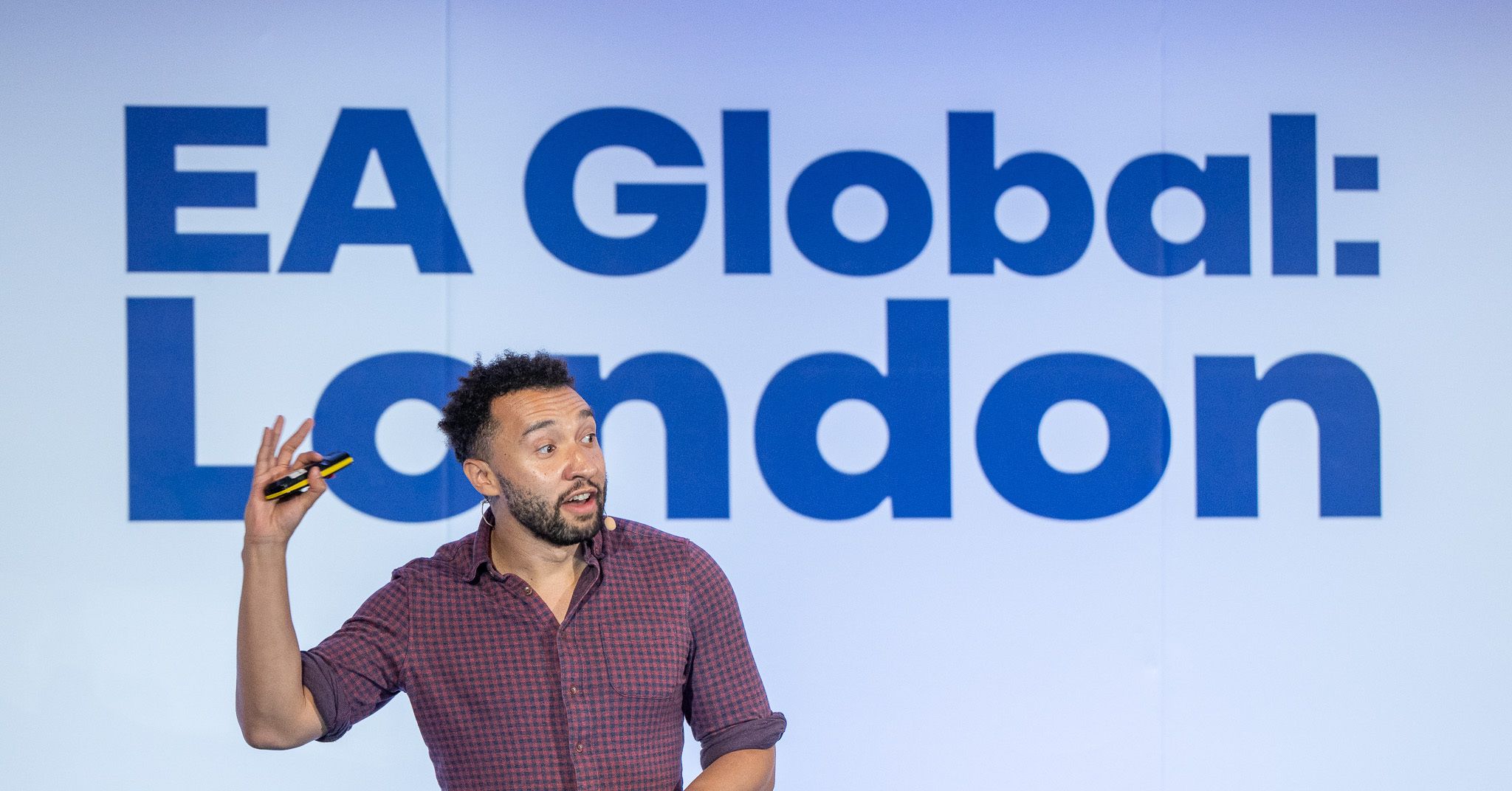The question I’m currently trying to answer is, how did we get to a point where the main actor concerning itself with humanity’s survival, the plight of those most in need, technological utopianism and humanity’s destiny in the cosmos is a small eclectic network of academics, young professionals and misfits. It’s not governments, it’s not international organizations, it’s not religious institutions. It’s a group of non-profits, primarily funded by a bunch of eccentric billionaires. Am I the only one who thinks that this is crazy and really calls for an explanation? How did the world come to be this way? Why was EA necessary in the first place?
I get the impression that almost all philosophical work that is happening within EA is very “first principles” and problem oriented, and does not seem to engage or concern itself at all with the history, ideas and assumptions that are the foundations of the institutions that are actually “in charge” today.
I’d like to know if anyone has opinions or resources to share on this matter.
My own theory is that the answer lies in the philosophical underpinnings of classical liberalism. My ideas are a bit weird and potentially controversial. Who within EA would be a good person for me to reach out to, and get feedback from?
The keyword is "civilizational inadequacy" and one cluster of failures here is Moloch. The best source is probably Inadequate Equilibria, but before reading the book you should read the book review.
I have read the book and the book review. They provide some great descriptive insights into what's going on, but I'm more interested in a historical perspective of where what might be viewed as "consensus reality" and the correct order of things came from.
Check out the book “innovator’s dilemma” and subsequent works. Inertial is real, and big institutions get stuck and rarely can put themselves out of business (Netflix is a notable exception; they baked their vision into the name when they were simply mail order DVDs). Collapse by Jared Diamond is also worth checking out.
The fundamental problem we run into is our innate desire to be part of the tribe makes us susceptible to going along with shared deceptions. See the Asch compliance experiments, and the great episode of Mind Field that replicated the results (it’s on YouTube). Connection > truth.
History is littered with examples of a shared falsehood embraced by the masses until a small group of dissidents eventually forces the shared understanding past the inflection point; e.g. earth is flat, earth is the center of the universe, the ether, relativity, illness caused by microbes…
Never doubt that a small group of thoughtful, committed citizens can change the world; indeed, it's the only thing that ever has. —Margaret Mead



I have read the book and the book review. They provide some great descriptive insights into what's going on, but I'm more interested in a historical perspective of where what might be viewed as "consensus reality" and the correct order of things came from.